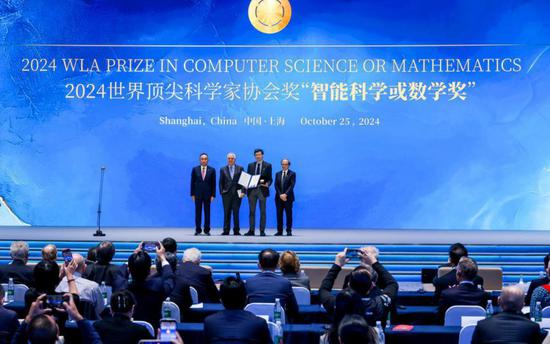
Professor Jon Kleinberg (second from right) from Cornell University receives the WLA Prize in Computer Science or Mathematics at the opening ceremony of the 2024 WLA Forum held on Oct 25 in Shanghai. (Photo provided to chinadaily.com.cn)
Shanghai's Lin-Gang Special Area has become the epicenter of intellectual exchange as the 2024 World Laureates Association (WLA) Forum commenced, drawing nearly 300 of the world's foremost scientific minds for a three-day gathering focused on addressing critical global challenges, fostering innovation and nurturing young talent in the scientific community.
Initiated by the WLA in 2018, the annual forum serves as a pivotal platform for high-level dialogues within the global scientific arena, aiming to propel the growth and development of emerging talent while promoting interdisciplinary collaboration and knowledge sharing.
Themed "Excellence in Science", this year's WLA Forum boasts an impressive lineup of participants, including 11 Nobel laureates, over 50 distinguished scientists representing nearly 20 countries and regions, and approximately 100 promising young scientists eager to contribute to the scientific discourse.
In his welcome speech, Randy Schekman, the vice-chair of the WLA, said the forum is set to "bring together great scientists, juniors and seniors, to share in the excitement of discovery of the natural world and its applications to human health, technological innovation and economic prosperity".
"Scientists have a responsibility to communicate our methods and findings to a broader argument, not only the limited field who make the discovery," said the vice-chairman, also 2013 Nobel Laureate in Physiology or Medicine. "Ignorance and mistrust of science will set us back in our efforts to advance human health and prosperity."
The forum commenced with the 2024 WLA Prize ceremony, honoring the contributions of Professor Jon Kleinberg from Cornell University in the field of computer science, and Professor Jeremy Nathans from Johns Hopkins University School of Medicine in life science. Both laureates graced the ceremony in person, underscoring the significance of the international science award initiated by the WLA in 2021.
Kleinberg, in his acceptance speech, expressed gratitude for the acknowledgment of computing science's pivotal role and highlighted the responsibility of computer scientists in shaping a better future for society.
Nathans, reflecting on his personal experiences and family legacy, emphasized the importance of nurturing curiosity in children to inspire the next generation of scientists.
The forum's opening ceremony featured enlightening keynote speeches by Nobel laureates David Gross, Carol Greider and Christopher Pissarides, alongside UNESCO-Equatorial Guinea International Prize laureate Qiao Jie and China's top science award winner Xue Qikun, covering a diverse range of topics from scientific advancements to the transformative power of artificial intelligence.
Over the course of the three-day forum, participants will engage in a series of thematic conferences and off-site exchanges, exploring various facets of physical science, intelligence science and life science. Committed to fostering future scientific leaders, the forum has also welcomed a significant number of young scientists and science enthusiasts, with a special focus on empowering middle school girls interested in science through the Science Education Forum.








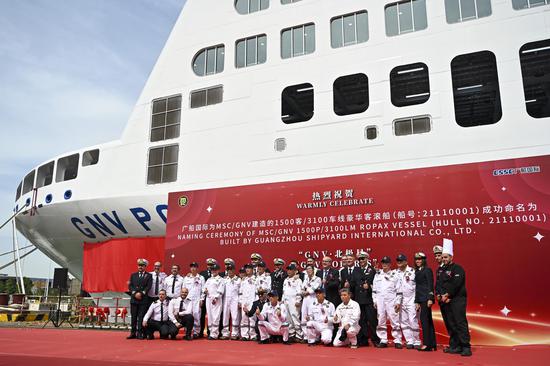

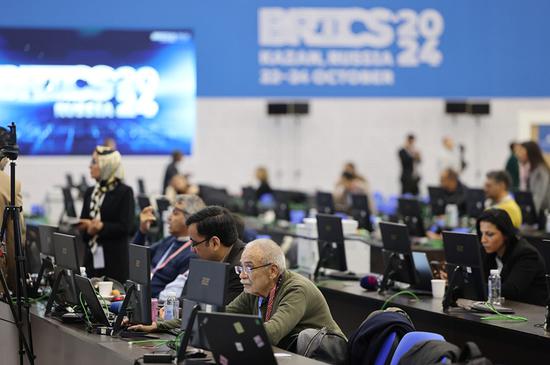
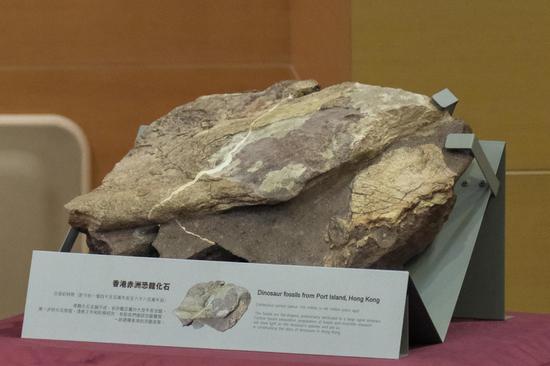
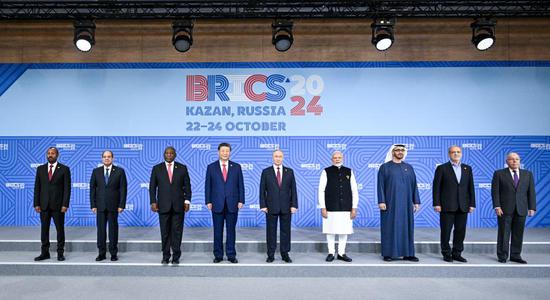
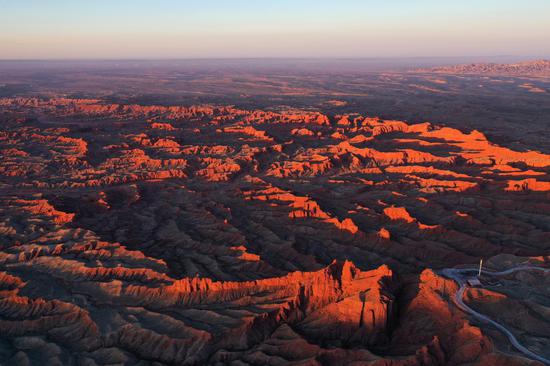


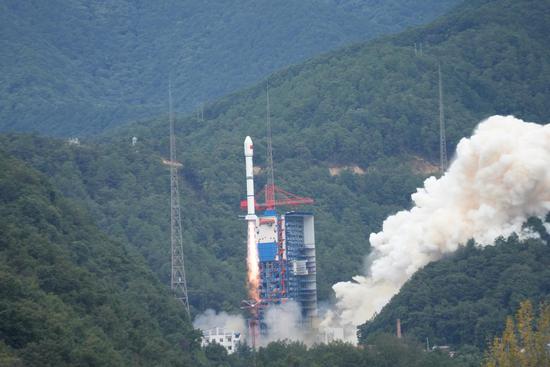

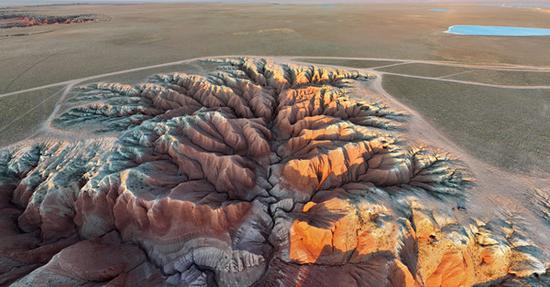
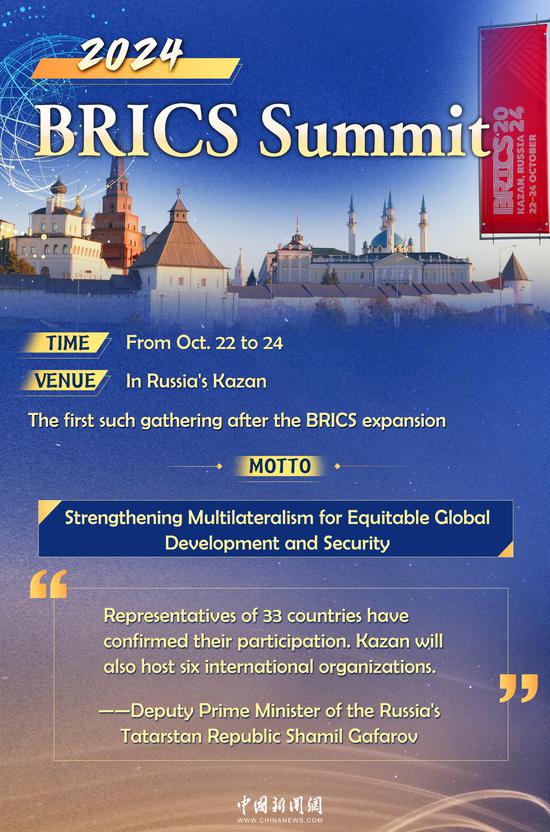


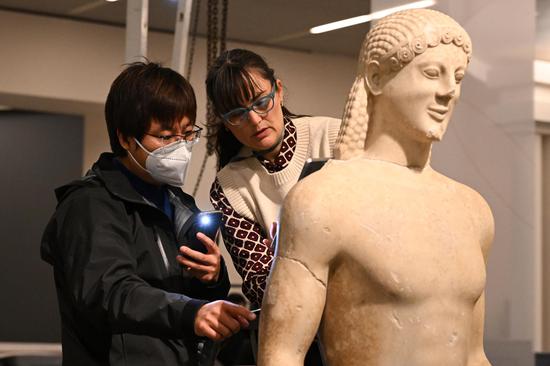
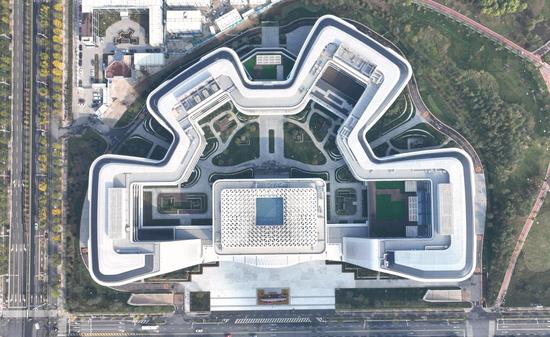
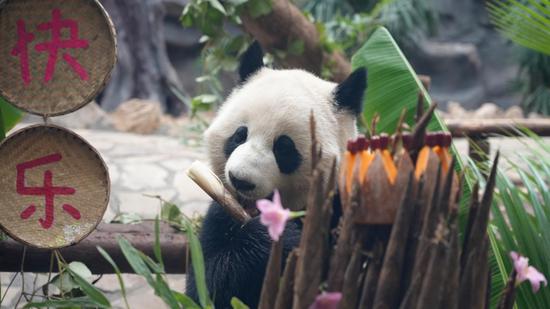
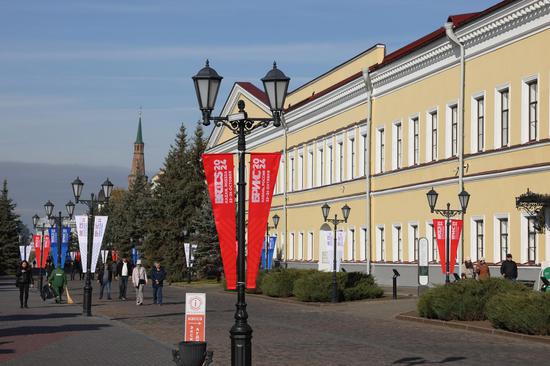

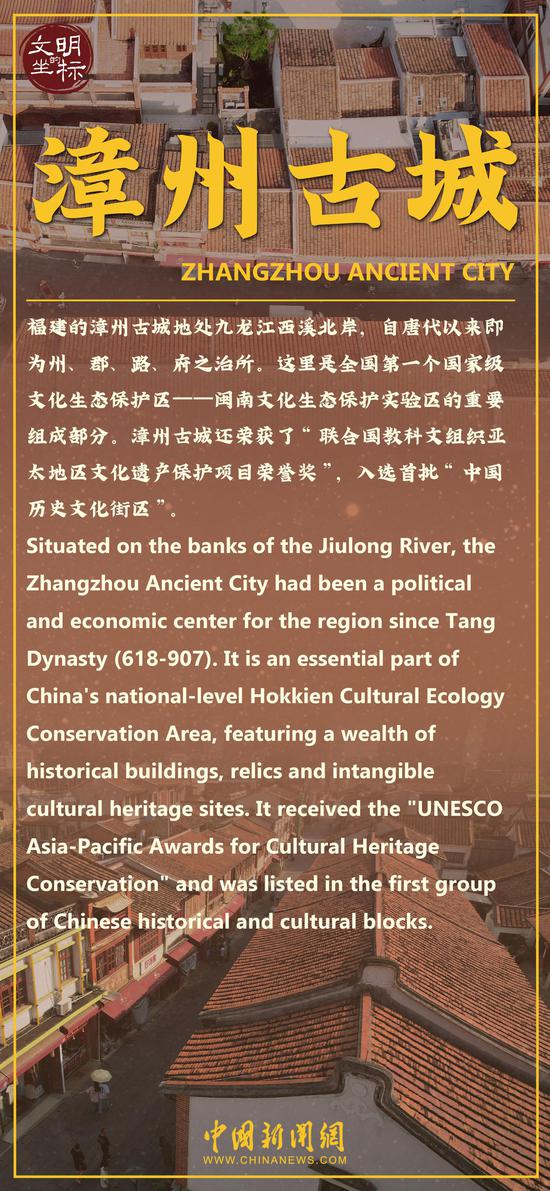

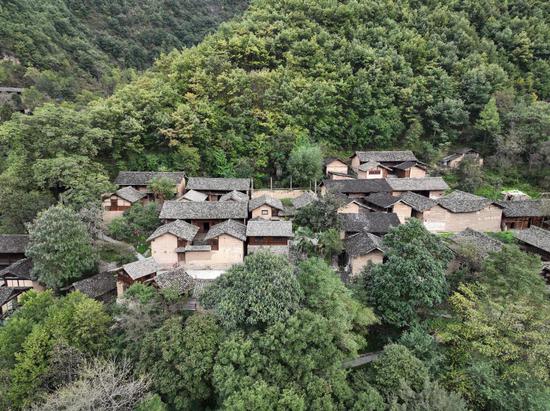

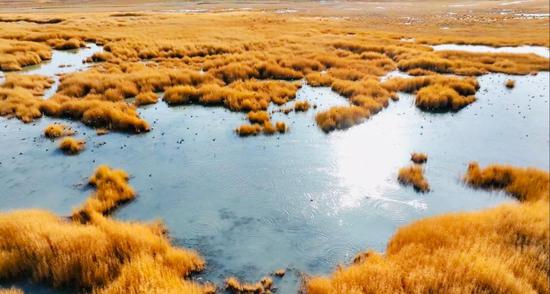
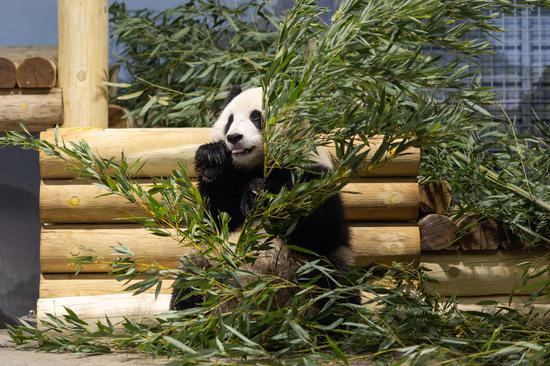
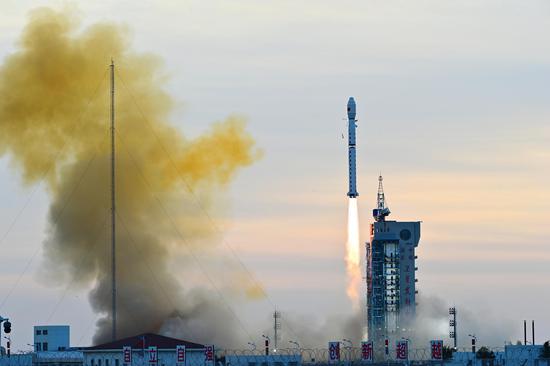
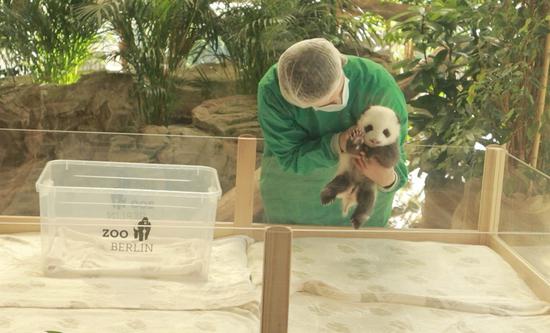


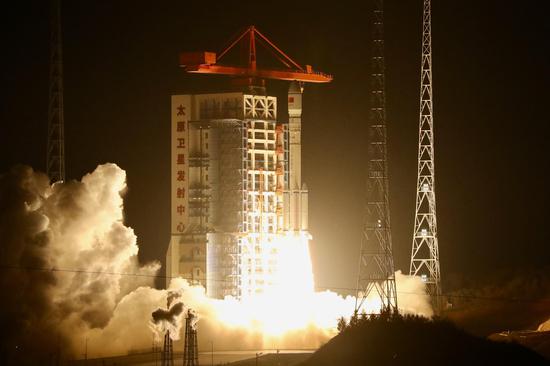


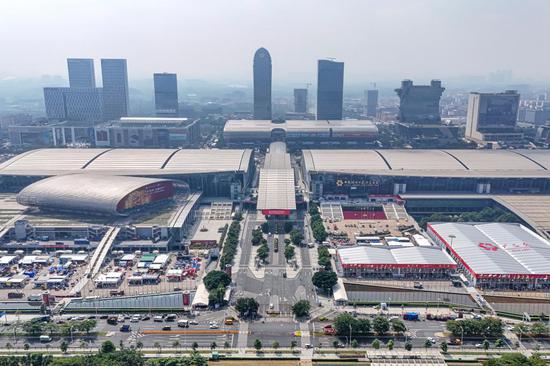
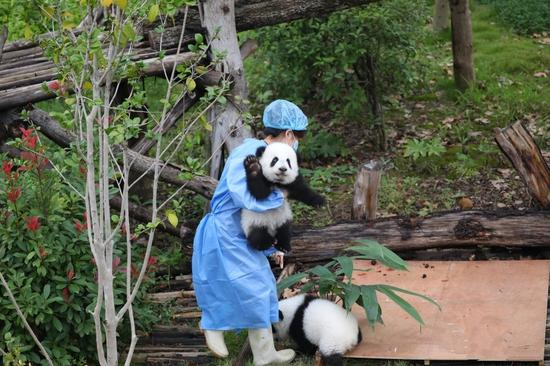

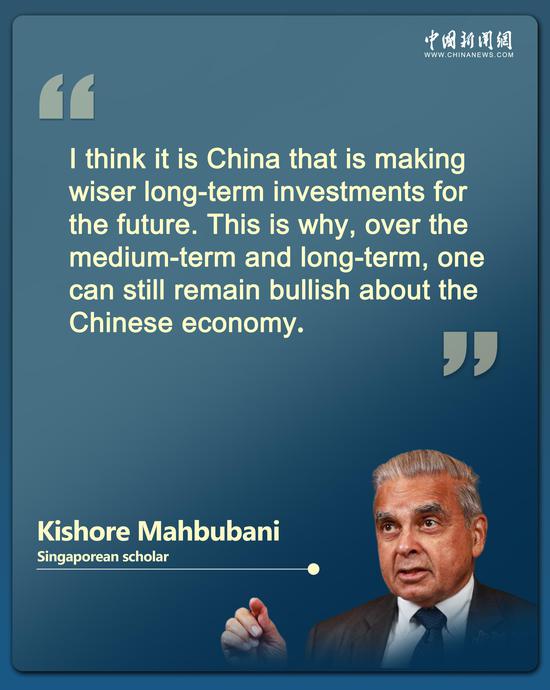
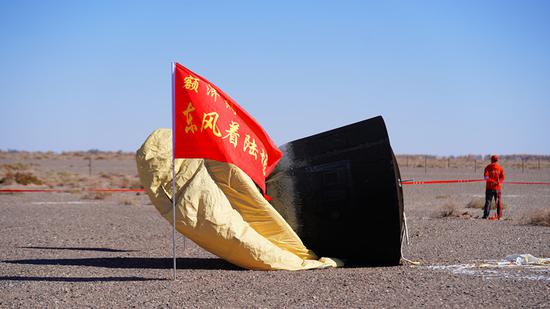



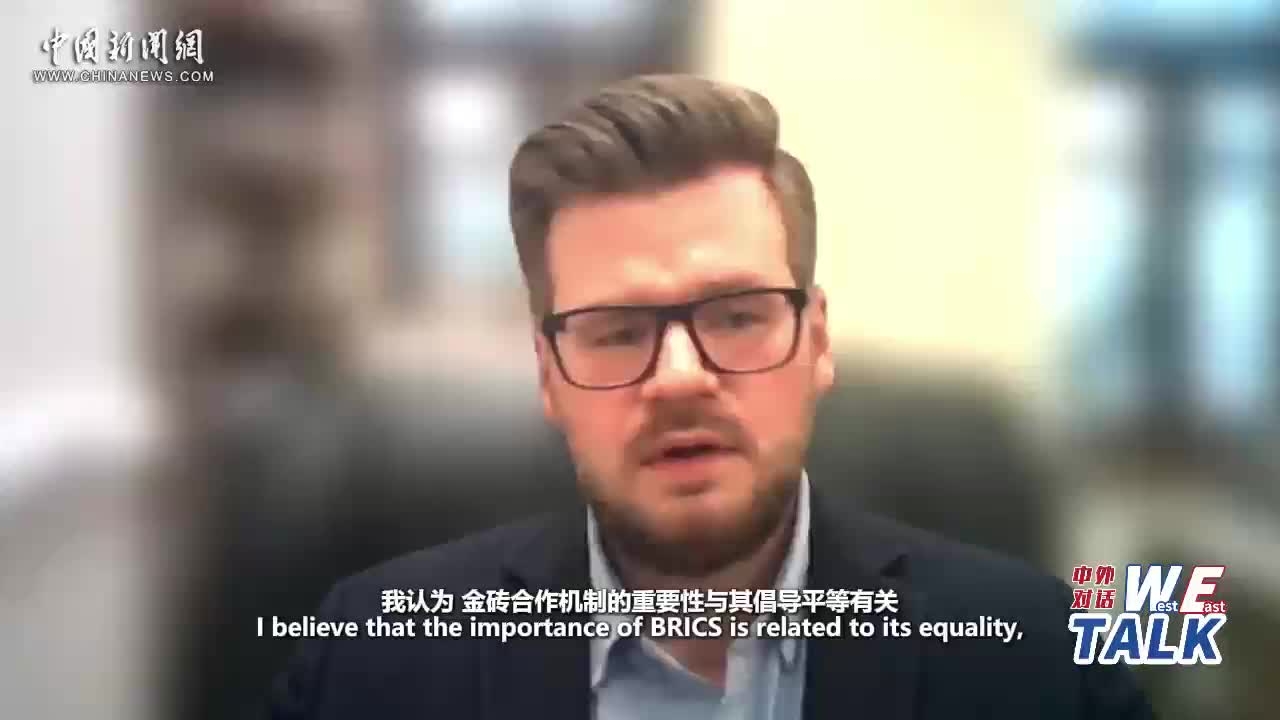

 京公网安备 11010202009201号
京公网安备 11010202009201号